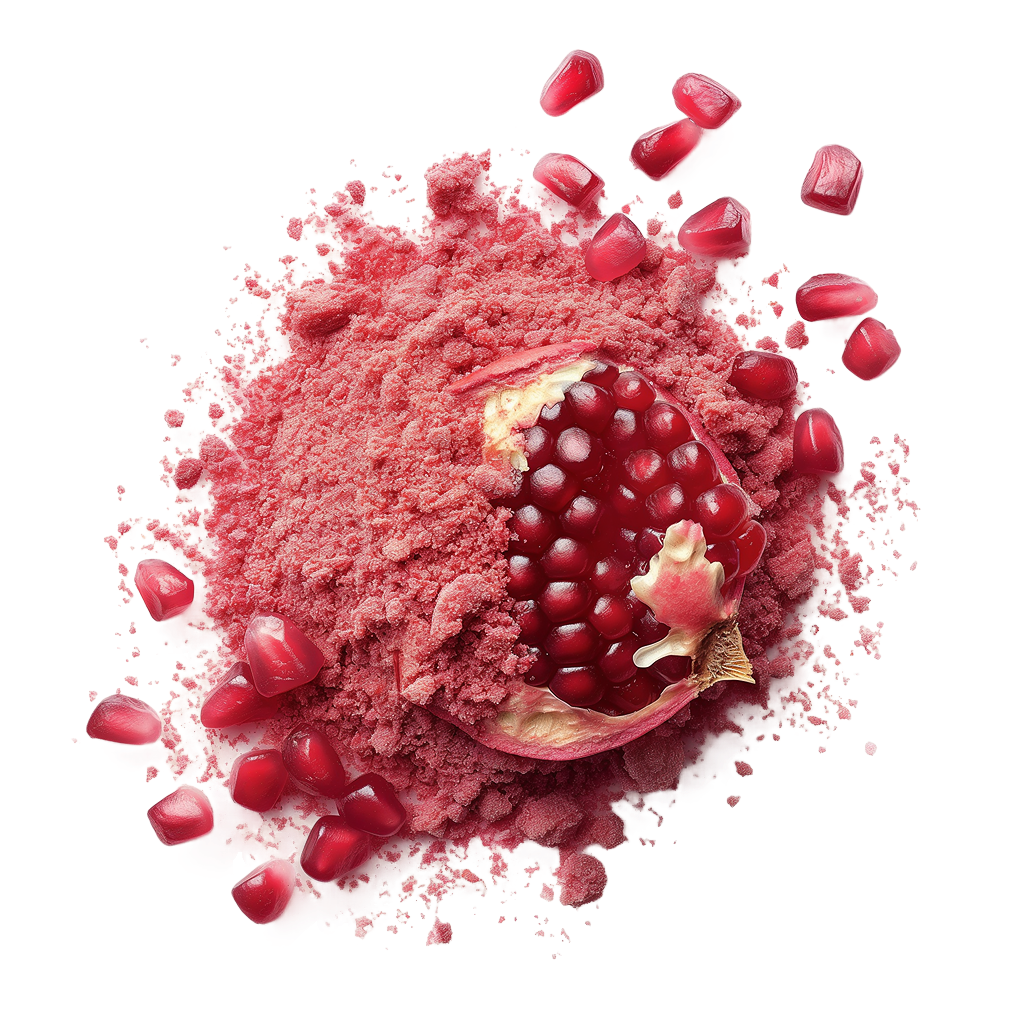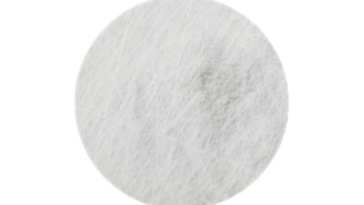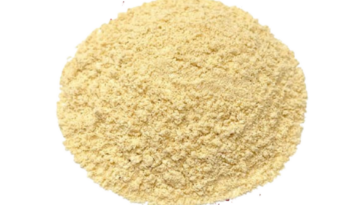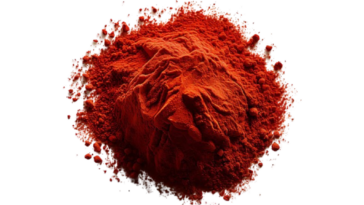Pomegranate powder, derived from the fruit of the pomegranate tree (Punica granatum), traces its origins back thousands of years to regions in modern-day Iran and northern India. The pomegranate has a rich cultural and historical significance, with references dating back to ancient civilizations such as Egypt, Greece, and Persia. Renowned for its vibrant ruby-red arils encased in a tough, leathery skin, the pomegranate symbolized fertility, abundance, and prosperity in various mythologies and religious texts.
The process of creating pomegranate powder involves drying the arils and pulverizing them into a fine, concentrated form. This powder retains much of the fruit’s nutritional benefits, including its high levels of antioxidants, vitamins, and minerals. Over time, pomegranate powder has found its way into culinary traditions and alternative medicine practices around the world, celebrated for its tangy-sweet flavor and potential health-promoting properties. Whether used as a seasoning, a natural food coloring, or a dietary supplement, pomegranate powder continues to captivate taste buds and intrigue health enthusiasts, carrying forward the legacy of this ancient fruit into modern times.
Vitamins & Minerals:
Pomegranate powder, derived from the fruit of the pomegranate plant (Punica granatum), contains an array of vitamins and minerals that contribute to its nutritional value and potential health benefits. Among the vitamins found in pomegranate powder are vitamin C, vitamin K, and some B vitamins such as folate (B9). Vitamin C is a potent antioxidant that supports the immune system, promotes collagen synthesis for skin health, and aids in iron absorption. Vitamin K plays a crucial role in blood clotting and bone health. Folate is essential for DNA synthesis and cell division, making it particularly important during periods of growth and development, such as pregnancy.
In terms of minerals, pomegranate powder contains potassium, calcium, and iron, among others. Potassium is an electrolyte that helps regulate fluid balance, muscle contractions, and nerve signals in the body. Calcium is vital for bone health, muscle function, and nerve transmission. Iron is necessary for the formation of hemoglobin, the protein in red blood cells that carries oxygen throughout the body. These minerals work synergistically to support various physiological processes, including cardiovascular health, bone density, and overall vitality. Incorporating pomegranate powder into your diet can be a convenient way to boost your intake of these essential vitamins and minerals, promoting overall health and well-being.
Probiotic, Prebiotic, or Postbiotic:
Pomegranate powder, derived from the fruit of the pomegranate plant, contains various compounds that may have beneficial effects on gut health, but it’s not typically classified as a probiotic, prebiotic, or postbiotic on its own. However, it can indirectly support gut health through its nutritional content and the presence of certain bioactive compounds.
- Prebiotic Potential: Prebiotics are non-digestible fibers that promote the growth and activity of beneficial bacteria in the gut. Pomegranate powder contains dietary fiber, including both soluble and insoluble fiber, which can serve as a substrate for the growth of beneficial gut bacteria. These bacteria ferment the fiber, producing short-chain fatty acids (SCFAs) like butyrate, which nourish the cells lining the colon and contribute to overall gut health.
- Probiotic Support: Probiotics are live microorganisms that confer health benefits when consumed in adequate amounts. While pomegranate powder itself doesn’t contain live bacteria, it can provide a supportive environment for probiotics to thrive. The fiber and polyphenols in pomegranate powder can help create an environment conducive to the survival and growth of probiotic bacteria in the gut.
- Postbiotic Effects: Postbiotics are the metabolic byproducts of probiotic bacteria or the compounds released when these bacteria interact with food components. While pomegranate powder doesn’t directly produce postbiotics, its consumption may indirectly support the production of postbiotics by promoting the growth of beneficial bacteria in the gut.
In summary, while pomegranate powder isn’t classified as a probiotic, prebiotic, or postbiotic itself, it can support gut health indirectly through its fiber content and the presence of bioactive compounds. Incorporating pomegranate powder into your diet as part of a balanced, plant-rich eating plan can contribute to overall gut health and may support the growth of beneficial gut bacteria.
Dietary & Health Information:
Pomegranate powder, derived from the fruit of the pomegranate tree, is known for its rich nutritional profile and potential health benefits. Here’s some dietary and health information regarding pomegranate powder:
- Nutritional Profile: Pomegranate powder is a concentrated form of pomegranate fruit, retaining much of its nutritional content. It is rich in vitamins, minerals, and antioxidants. It contains vitamins C, K, and several B vitamins, as well as minerals like potassium and copper. Additionally, it’s a good source of dietary fiber.
- Antioxidant Properties: Pomegranate powder is particularly renowned for its high antioxidant content, especially polyphenols such as flavonoids and tannins. These antioxidants help combat oxidative stress in the body, potentially reducing the risk of chronic diseases like heart disease and cancer.
- Heart Health: Studies suggest that regular consumption of pomegranate powder may have a positive effect on heart health. It may help lower blood pressure, improve cholesterol levels, and reduce the risk of arterial plaque formation.
- Anti-Inflammatory Effects: Pomegranate powder contains compounds with anti-inflammatory properties, which may help alleviate inflammation in the body. This could be beneficial for conditions like arthritis and inflammatory bowel disease.
- Digestive Health: The fiber content in pomegranate powder supports digestive health by promoting regular bowel movements and preventing constipation. It also helps maintain a healthy gut microbiome.
- Potential Anti-Cancer Properties: Some research suggests that the antioxidants in pomegranate powder may have anti-cancer effects, particularly against prostate and breast cancers. However, more studies are needed to confirm these findings.
- Maximum Intake: While pomegranate powder is generally safe for consumption, it’s essential to use it in moderation. There isn’t a specific maximum intake established for pomegranate powder, but as with any supplement, it’s best to follow the recommended dosage on the product label or consult with a healthcare professional for personalized guidance. Consuming excessive amounts may lead to digestive discomfort or interact with certain medications.
- Forms and Usage: Pomegranate powder can be added to smoothies, yogurt, oatmeal, or used as a flavoring agent in various recipes. It’s also available in capsule or tablet form for those who prefer a more convenient option.
In summary, pomegranate powder is a nutrient-dense supplement with potential health benefits, particularly for heart health, inflammation, and digestion. As with any dietary supplement, it’s wise to use it in moderation and consult with a healthcare provider if you have any concerns or medical conditions.




 No products in the cart.
No products in the cart.